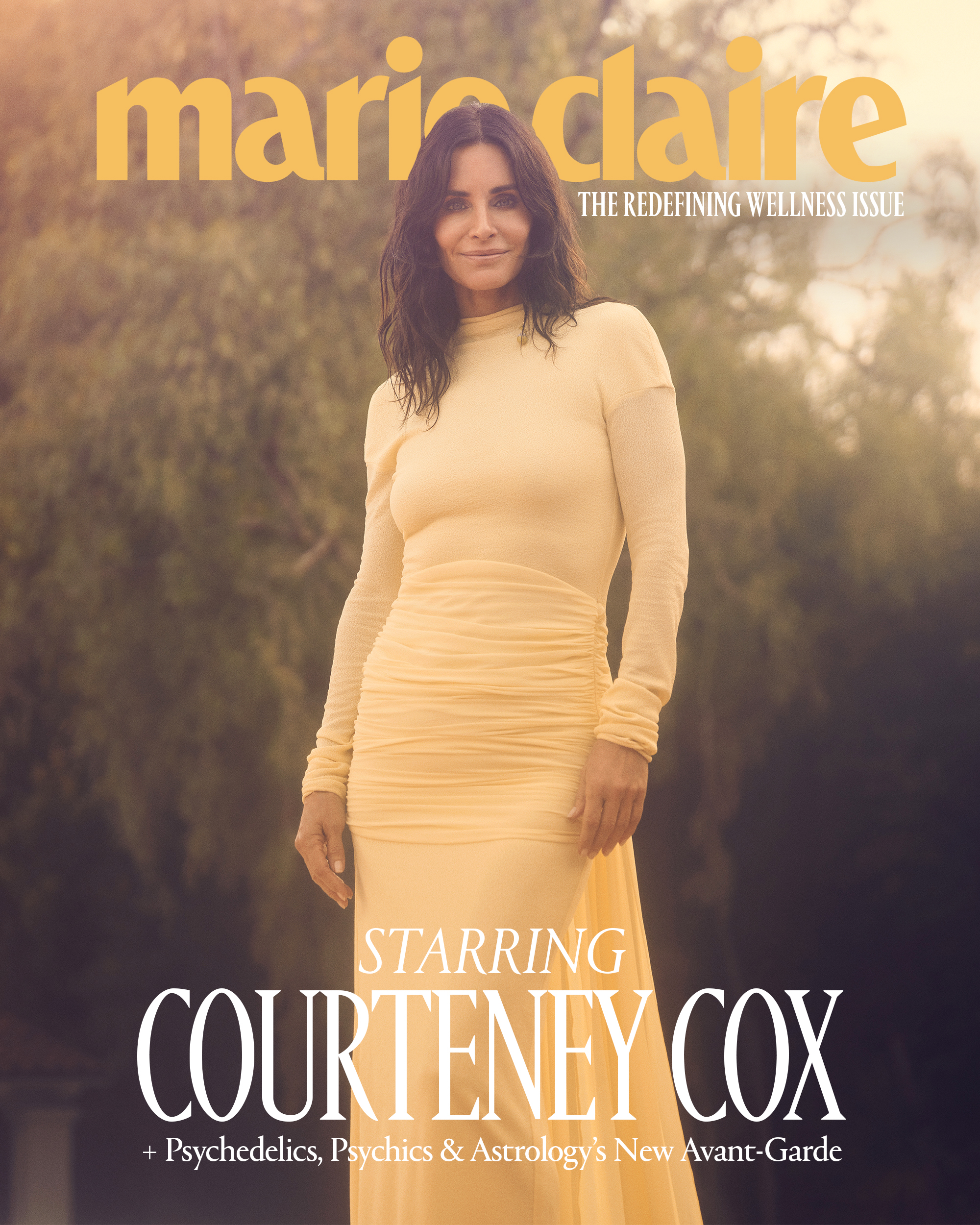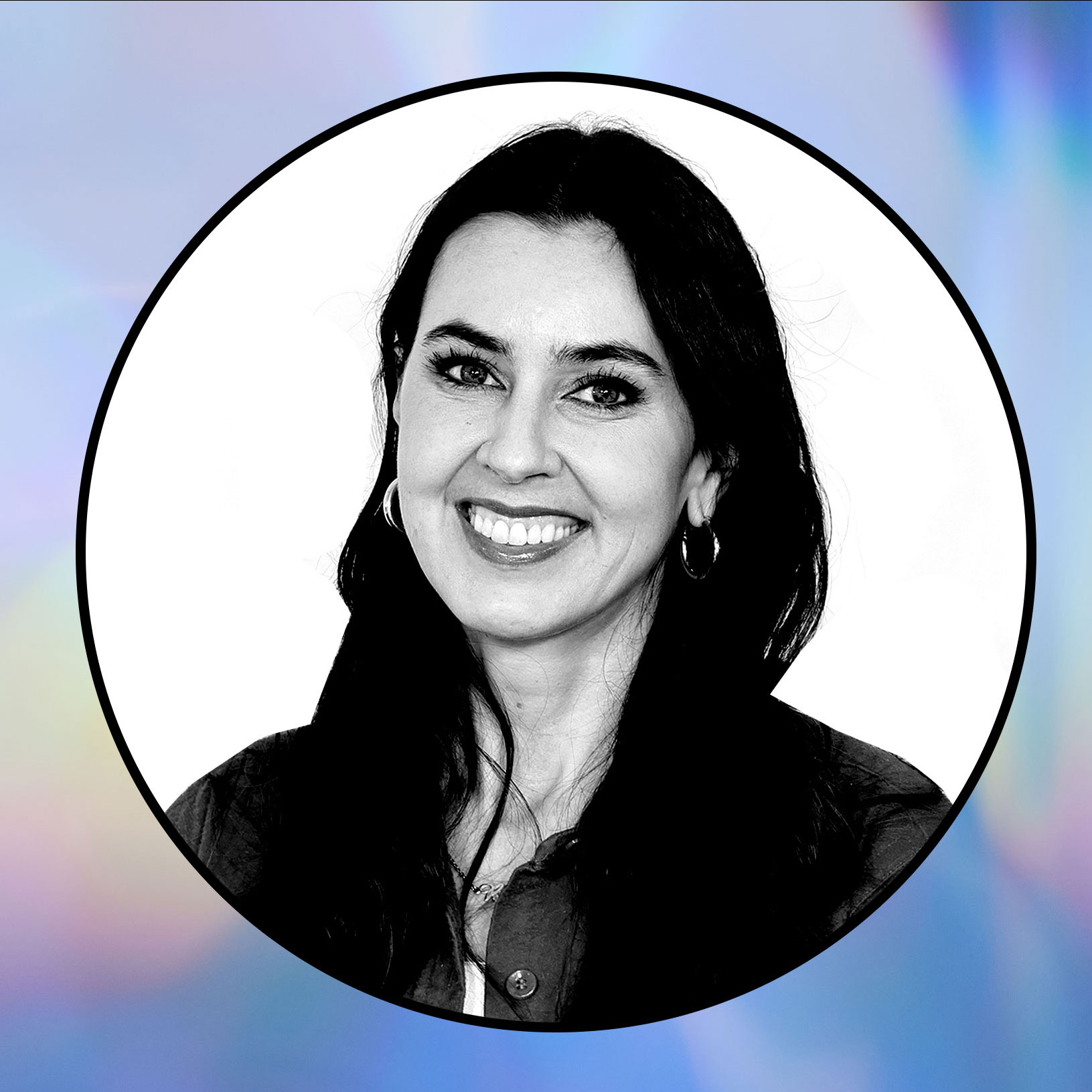You Don’t Know Taylor Lorenz
You’ve probably seen her tweets, watched as her name went viral. In an essay, the journalist and author of 'Extremely Online' shares her secret for surviving the internet.

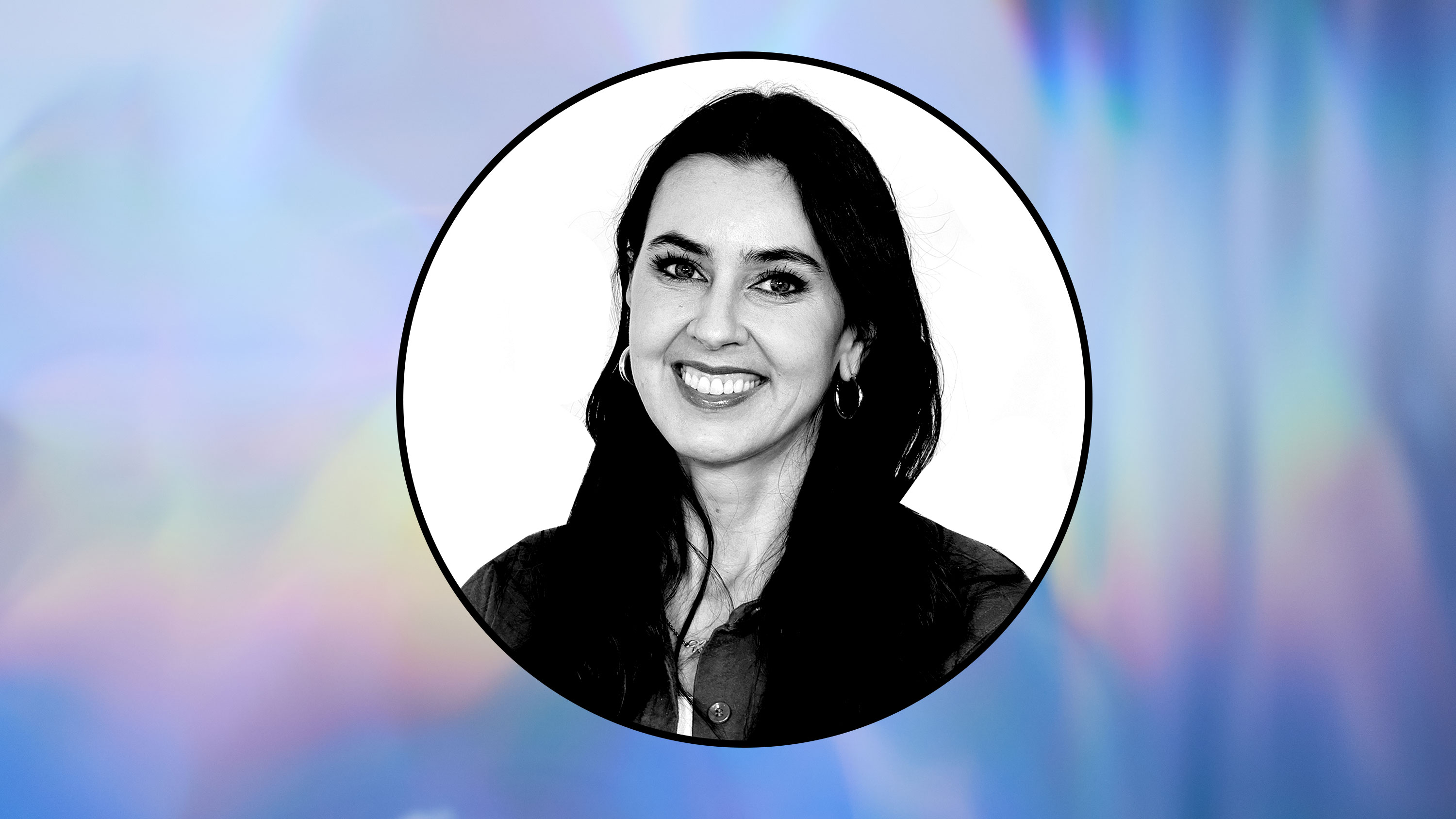
For the past several years I have logged on to the internet nearly every single day for work and been met with rape threats, death threats, threats against those I care about, and a non-stop barrage of misogynistic hate. I have been targeted in aggressive smear campaigns that have upended my life in ways I could have never imagined. I’ve dealt with a stalker who has hired people to follow, surveil, and photograph me without my consent. I’ve had my SEO results manipulated and been targeted by bot networks.
The hate has spilled out to family members, who have also been targeted in these campaigns. Every story I write is met with streams of commentary on my appearance, age, and personal life. Some of the richest men on earth have used their vast resources to attack me. Influencers have leveraged their fandoms to carry out doxxing and swatting. The mobs and the hate and the politicization of my work ebbs and flows, but it never ceases.
The harm these campaigns have done is difficult to quantify. I’ve lost out on speaking gigs and podcast appearances because I’ve been deemed “too controversial.” Event and podcast hosts don’t want to deal with the barrage of attacks from angry comments that they may receive for platforming me. I’ve had to be ushered out of events by security after men have shown up threatening to harm me. During some of the worst attack cycles I’ve holed up in my apartment for days with the blinds drawn and feared for my physical safety.
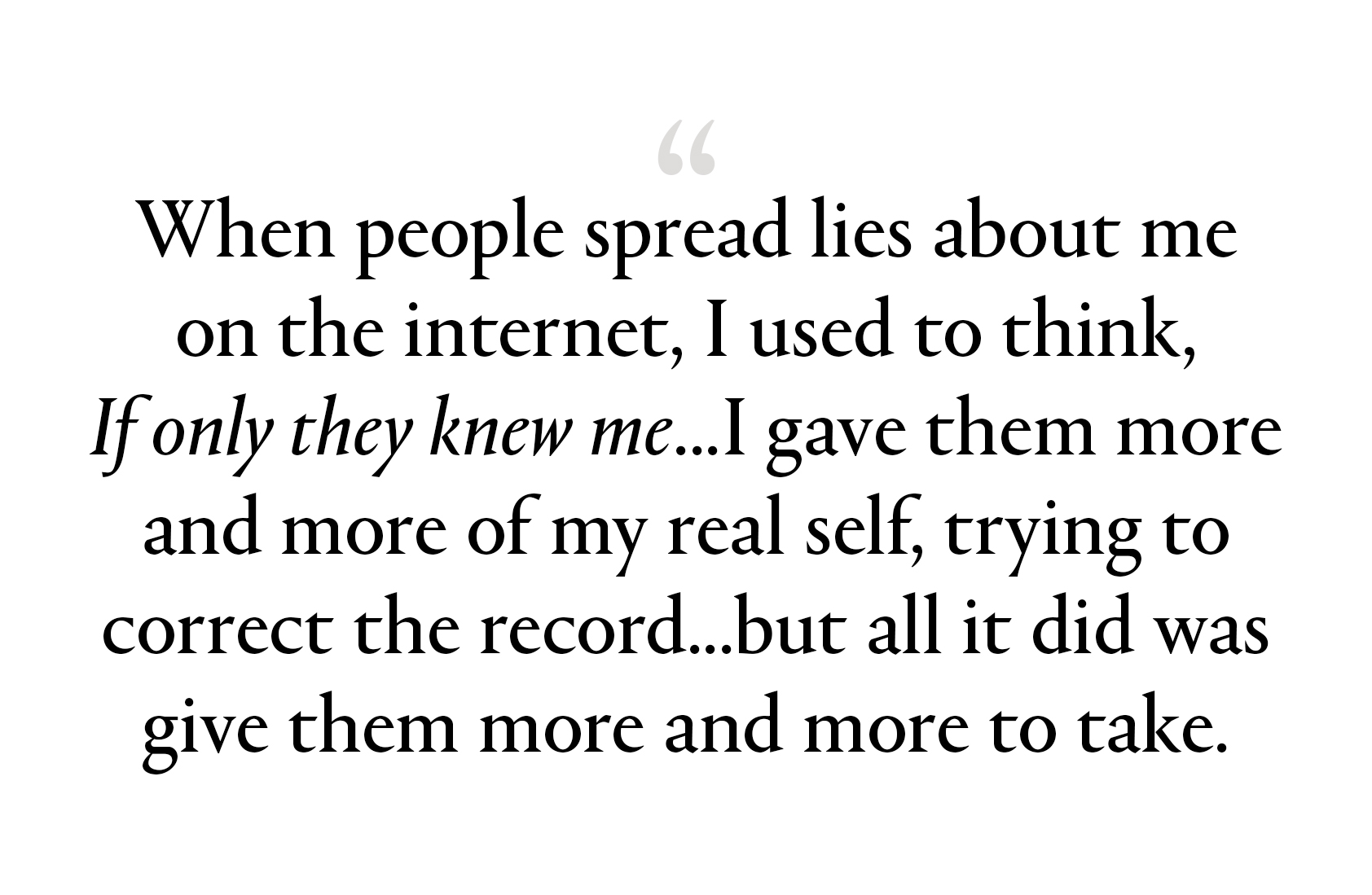
It used to be primarily famous people who had to worry about losing control over their public image. When a star blew up, they were almost always surrounded by teams of publicists, managers, agents, and other professionals who helped them navigate the brutal transition from a private to public life. They had bodyguards and security teams. Access to off-the-grid wellness retreats to buffer them from the world and boost their mental health. Assistants to scrub away the internet filth that accumulated in the comments section.
But now, thanks to the internet, we all live in public. In the click of a button, anyone can become the target of online hate, backlash, bigotry and attacks. The online world sometimes feels like a giant stock market full of people hyping others up and tearing them down, especially women. The resources to help are meager. Often you’re left to cope alone.
The advice, if you get any, usually sounds like this: Log off. Delete your account. Silence yourself and retreat. Many of the women who transformed media and built the backbone of what eventually became the near half-trillion dollar creator economy, have been driven offline by relentless attacks. At my lowest points, I thought about leaving too.
But whatever your feelings are about it, our lives—the entire world—exists on the internet. To shrink away from it means that you cede the ability to have a voice and agency over your own image, while the trolls continue to roar.
Get exclusive access to fashion and beauty trends, hot-off-the-press celebrity news, and more.
After a particularly vicious media segment about me, which completely misrepresented me and the events of my life, I realized that these people: the online commentators, many mainstream media journalists, and internet harassers, don’t care about the truth. They don’t care about who I actually am. I realized that, to them, I am simply an avatar that they’ve manufactured, often based on complete fabrications and half-truths, that they use to push their political agenda, or media narrative, or to communicate something about themselves.
Recognizing that this character people hate online isn't truly representative of who I am as a person has been really liberating for me. I bet it would be for you, too.
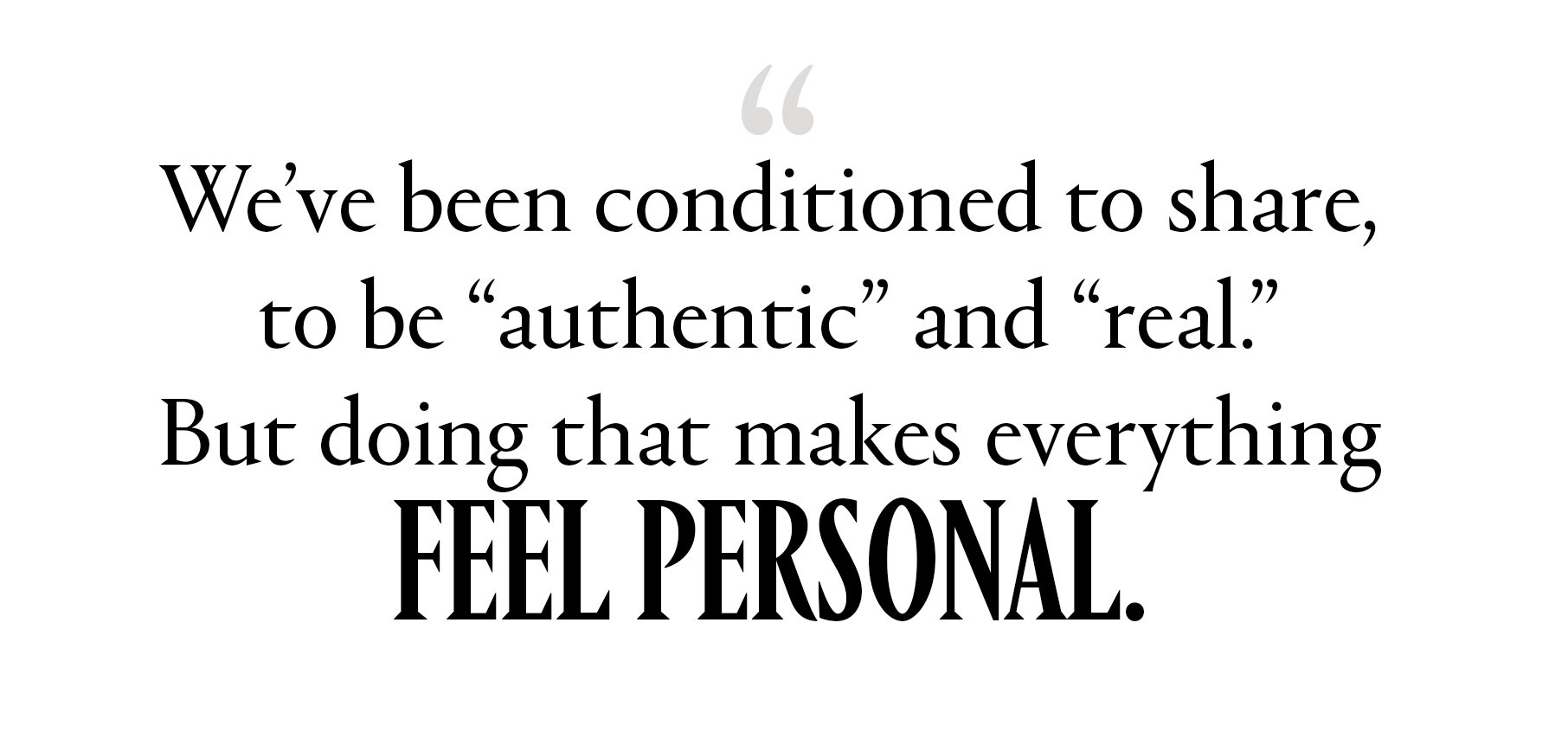
Especially because we’ve been conditioned to share, to be “authentic” and “real.” But doing that makes everything feel personal. When people spread lies about me on the internet, I used to think, If only they knew me. If only I could explain myself. If I just gave them a bit more information they would understand me. I gave them more and more of my real self, trying to correct the record and seize control of my own story, but all it did was give them more and more to take.
And so I stopped sharing the most personal parts of myself. I no longer became interested in trying to force people online to understand the real me.
This shift in mindset doesn’t mitigate the reputational harm these campaigns inflict. The attacks and the lies and the smear campaigns still have very real consequences; the physical reality of the threats and stalking is not something I’m able to ignore. I still lose out on opportunities.
I’d love to see a world where platforms take online abuse against women seriously and where media companies don’t exploit the women targeted in these attacks for views. But in the meantime, I don’t want to be another woman forced to cede space on the internet to the worst trolls, or allow those people to drive me out of a career that I love.
But for now, the hate doesn't feel personal anymore. I don't care if people want to yell at me all day online. It's not me they hate anyway.
